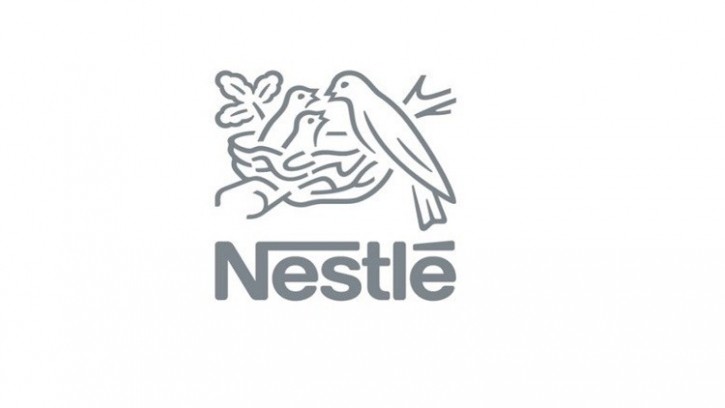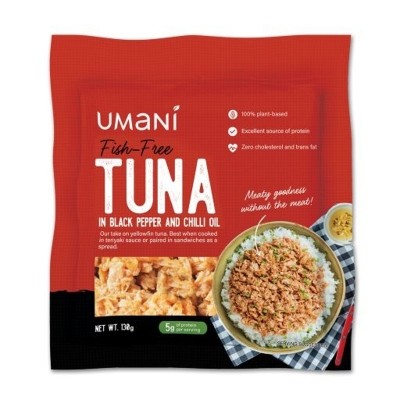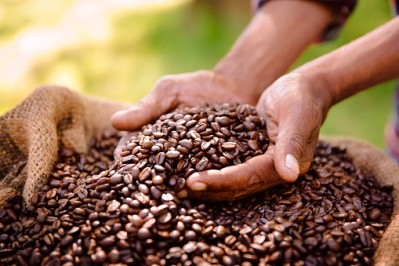Combating price sensitivity: Nestle Malaysia banks on new product innovation to battle through economic challenges

The Nestle Group as a whole announced its Q12023 financial results in April 2023, reporting a 5.6% increase in global sales compared to Q42022 to CHF23.5bn (US$26.4bn) but did not reveal any profits numbers in this report apart from a forecasted profits margin in 2023 to be between 17% and 17.5%.
What was highlighted was a 9.8% pricing increase overall, attributed to ongoing significant cost inflation. For the APAC region, this was broken down to be 9.1% in Zone Asia, Oceania and Africa (AOA) and 3.9% in Zone Greater China.
Asia was not the worst hit by price hikes when compared to Latin America (13.4% increase), North America (12.4% increase), and Europe (10.7% increase), but in a market where price sensitivity is particularly high such as Malaysia, the impacts are likely to be more enhanced.
Nestle Malaysia also concurrently announced its Q12023 financial results, reporting a 8.8% increase in turnover to RM1.84bn (US$412.8mn) compared to Q12022 – but also a 3.9% year-on-year decrease in Profits After Taxation to RM197.1mn (US$44.2mn) from RM205.2mn (US$46mn) previously, attributing this to higher commodity prices and unfavourable exchange rates.
“Global turbulences continue in 2023 [and] while headline inflation has started to decline, it is still elevated, compounded by uncertainties in commodity prices and currency rates,” Nestle Malaysia CEO Juan Aranols said when reporting these numbers.
“Recent disruptions in financial markets have also exposed global vulnerabilities, with some downside risks for the global economy affecting potentially the dynamism of our export markets.
“Nevertheless, while food commodity prices are expected to remain high through the first half of the year, we are optimistic this will improve in the latter half of the year.”
In order to combat this, the firm believes that its continued focus on new product development and innovation is the key to continuing consumer confidence and interest in its portfolio.
“[Our strategy will continue] to be based on delivering high-quality, great-tasting and nutritious products that meet the diverse needs of Malaysian consumers [via a] wide product portfolio and continuous product innovation,” he said.
“This focused strategy is well supported by effective consumer engagement and excellence in sales execution across all relevant channels and platforms, including digital and on-ground activation.”
In Q12023 alone, Nestle Malaysia rolled out a wide variety of NPD across different product categories, including the KIT KAT Pink Ice Cream in line with Chinese New Year celebrations, new Curry MAGGI Stock Cubes in the home cooking segment and its NESCAFE Classic Kopi Kedah as well as Starbucks RTD range in the coffee sector.
“Our next wave of capital CAPEX investments in Malaysia will see a further RM1bn (US$224.4mn) planned for the market in the coming 2023 to 2035 cycle,” Aranols added.
“This demonstrates how over the long-term, we remain confident in the prospects of Malaysia [as an important market for Nestle].”
Sustainability initiatives
The firm is also working to ensure that its ESG efforts do not fall to the sideline in light of the financial challenges, implementing a series of initiatives all over the country.
“We remain focused on delivering a solid financial performance while advancing our ESG agenda - Amongst other initiatives, this included expanding our NESCAFÉ Grown Respectfully programme to Kelantan with the aim of further developing local coffee farming,” he said.
“When it comes to progressing towards plastic neutrality, our door-to-door waste collection project continues to advance and we are already reaching nearly 140,000 households.
“Project RELeaf also continues to advance, and we are going to complete very soon the first of the three million trees to be planted under this programme – these reforestation efforts will help to indirectly reduce our carbon footprint, alongside direct emission reduction initiatives.”






















